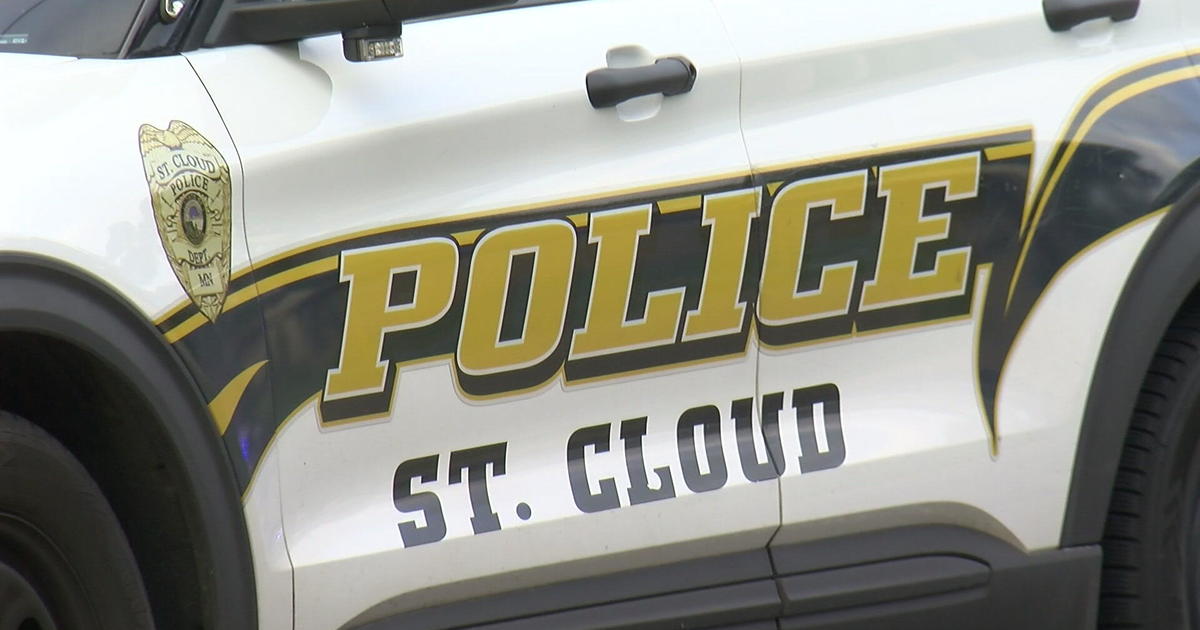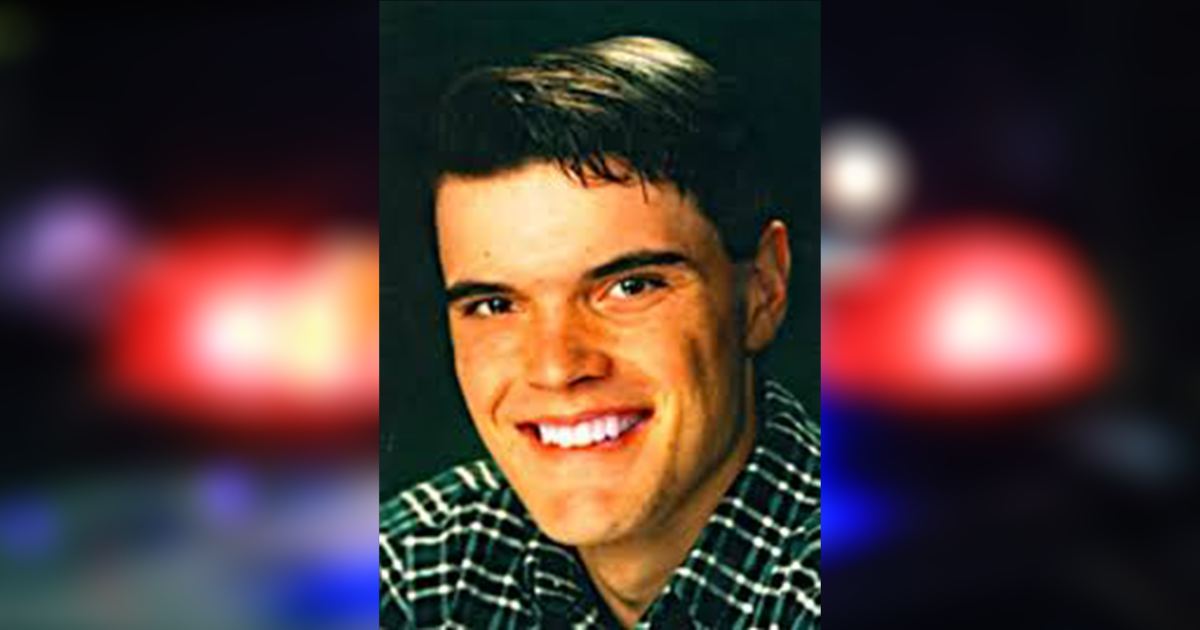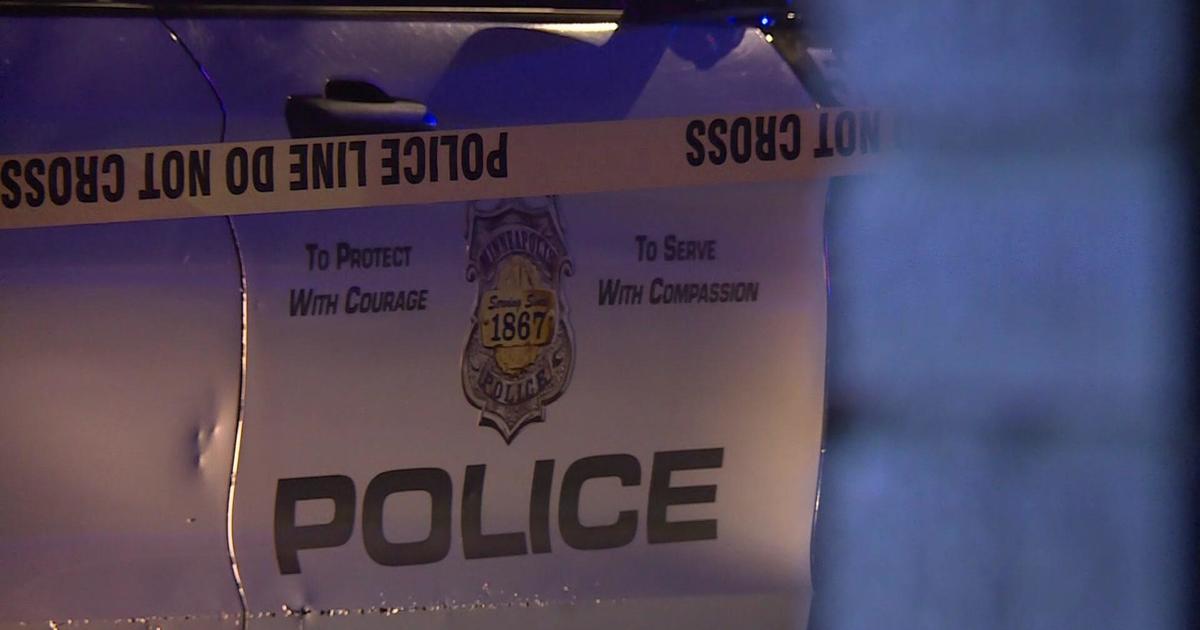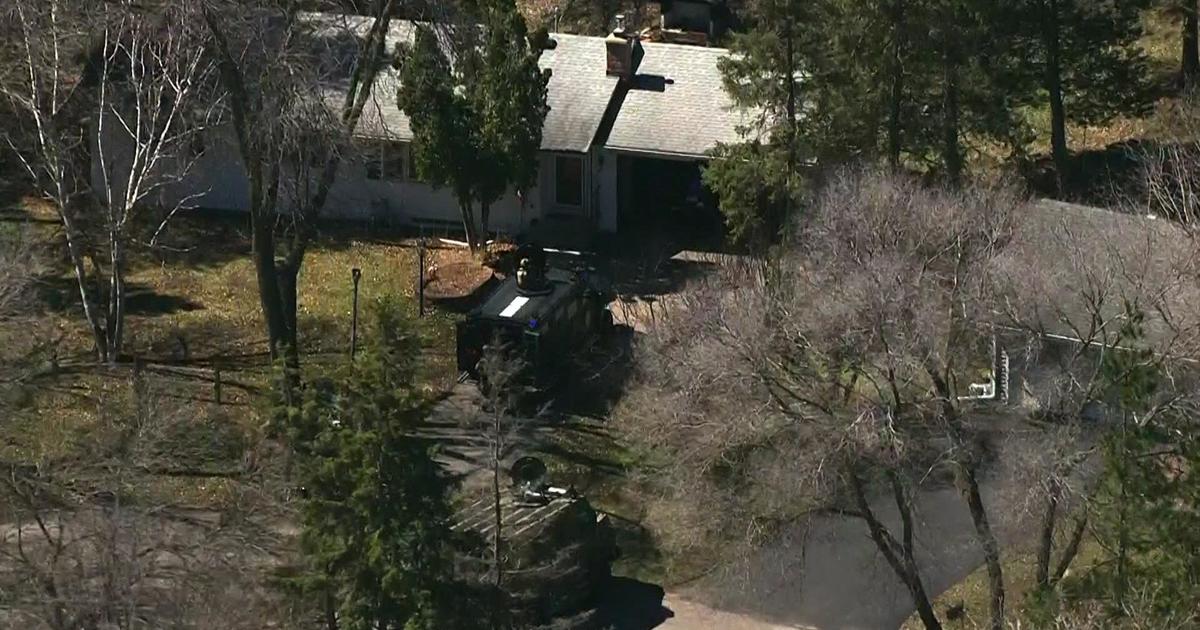New DNA Evidence Helps Investigators Crack Cold Case
MINNEAPOLIS (WCCO) – It's a murder mystery that's been unsolved for more than 30 years.
But on Saturday, police announced they're confident they know who killed Carrie Andrew.
She was 17 years old when someone shot her in Duluth in 1981. Hundreds of interviews and hundreds of leads couldn't crack the case.
But new technological advances allowed investigators to identify a suspected killer.
Her body was pulled from the water at Twin Ponds Recreation Center in Duluth that summer. Carolyn Andrew, or Carrie as friends called her, was killed by a single gunshot to the head. Years went by and investigators continued to follow hundreds of leads, but there was no break in the case -- until now.
"After more than three decades of investigation, advances in forensic science, we have now identified the man who was involved in the assault and murder of Carolyn Andrew," Bureau of Criminal Apprehension Assistant Superintendent Drew Evans said in a press conference.
Scientists ran DNA found on Andrew through databases for a full match for years. Then last year, new technology allowed the BCA lab to run the DNA for a partial match.
"That new search process provided a critical investigative lead for the law enforcement officers," BCA Director of Forensic Services Catherine Knutson said.
The partial match led investigators to a relative of a man named Cecil Oliver. From there, they were able to determine the DNA belonged to him. Oliver killed himself in 1988.
"This case would not have been solved without this new technology," Knutson added.
Andrew's friend Deb Susnik remembers Oliver, and says he bothered Andrew the night before her murder.
"He was insistent that we split up and insistent that he get Carrie alone and get her phone number he wanted to be with her," Susnik said. "It was a really creepy night."
They had given that information to police so many years ago -- and now, to learn he was connected to her murder.
"There's some relief," Susnik said.
Investigators are thankful evidence they collected decades ago held the answers all along.
"This was obviously a very tragic case for Carolyn and her family and we're happy to be able to close this chapter," Police Chief Gordon Ramsey said.
The BCA calls this a prime example of how new technology can crack cases that used to be considered unsolvable.
The lab routinely checks old cases that might benefit from these advancements.



